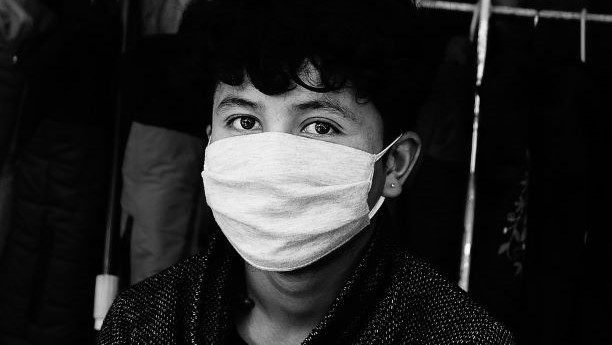
Editor’s Note: This is the first in a two-part blog on COVID-19 and health equity.
The COVID-19 pandemic is wreaking worldwide havoc and will have lasting impacts on people’s health as well as their economic, social and emotional well-being. Although the striking effects of the pandemic are profound and widespread, certain populations have been hit particularly hard. Older adults and people with underlying chronic health conditions are more vulnerable and experience higher morbidity and mortality rates. It is not surprising that these subgroups are more susceptible as their ability to fight off infections can be compromised by waning immunity and coping with bodily stresses associated with chronic illnesses. However, the fact that some racial and ethnic minority populations are more severely affected and dying at higher rates is deeply disturbing and concerning.
For health equity advocates and many health professionals, news of racial and minority populations experiencing worse health outcomes is unfortunately not a new phenomenon. Reducing racial and ethnic disparities has been a goal of the public health community since at least the early 1990s as part of the Healthy People 2000 initiative. In the decades since, the Healthy People’s goal has evolved to Eliminate Racial and Ethnic Health Disparities and then to promote Health Equity, recognizing the need to ensure that everyone has an equal opportunity to attain their full health potential. The long term and intractable problem of minority populations having dispropotionately worse health outcomes is a major blemish on this country and highlights the failure of health and broader societal systems to serve everyone equitably. The COVID-19 pandemic laid bare the ugly truth that many people are suffering excessively and dying prematurely due solely to the color of their skin or the social and economic environment in which they live. These disparities are longstanding and crosscutting, presenting across health conditions, including oral health.
The reasons that racial and ethnic minority populations have disparate and worse health outcomes are many and include, but are not limited to, exposure to racism and its toxic consequences like chronic stress, multigenerational poverty, and chronic unmet housing and educational needs. Our health care system itself contributes to these disparate outcomes through inadequate insurance coverage, a dearth of available trusted and culturally competent providers, and clinician bias (e.g., offering certain tests and treatments less often to some minority groups). These and other factors contribute to higher rates of certain chronic diseases in minority populations, making them more susceptible to threats like COVID-19. Health equity advocates are aware of these issues and have championed various solutions and approaches over the years to address them. Although there has been some progress, clearly much more needs to be done as evidenced by the current crisis where minority populations are being ravaged by the COVID-19 pandemic.
Additionally, recent events have again demonstrated that those in power continue to willfully and despicably not value the lives and liberties of African Americans and as a result, threaten all communities of color and disenfranchised populations in this country. Racism and racist acts are at the root of the inequities facing minority groups, including the health disparities associated with the COVID-19 pandemic. In a way, racism can behave like a virus infection, only more insidious but just as deadly over the long haul. It can be self-limited through enlightened self-awareness. It can be sometimes be “treated” and eradicated through education and healing interventions. It can even be prevented from spreading if there are powerful and deeply entrenched societal anti-racist cultural norms, akin to herd immunity preventing the spread of viral infections. This country and the world is appropriately allocating all its available resources to bring the viral pandemic to an end so that we can all return to our (new) normal way of life. Similarly, if we can build on the outrage generated by recent social injustices to create the will and marshal the same amount of energy and resources to end racism and racist acts, we can all aspire to a world where there is genuine equity across the only race that counts – the human race.
With challenges also come opportunities. Amid all the critical work to combat COVID-19 is the prospect to closely examine what is not working well in the health system, understand why and how certain negative outcomes are occurring and determine how to remedy these gaps to prevent future recurrences. Specific to the issue of higher morbidity and mortality rates among racial and ethnic minority groups, many of the underlying factors previously described contribute to the sobering outcomes. Although advocates have employed interventions over the years in many local communities to promote health equity, there has not been the necessary widespread support and required resources to implement successes intensively enough, broadly enough and long enough to effect positive change on a grand enough scale to eliminate persistent disparities. With the current broader recognition of the disproportionately poor outcomes in minority populations due to the COVID-19 pandemic, there is the opportunity to galvanize more support and action for deep commitments and long lasting efforts to achieve health equity.
